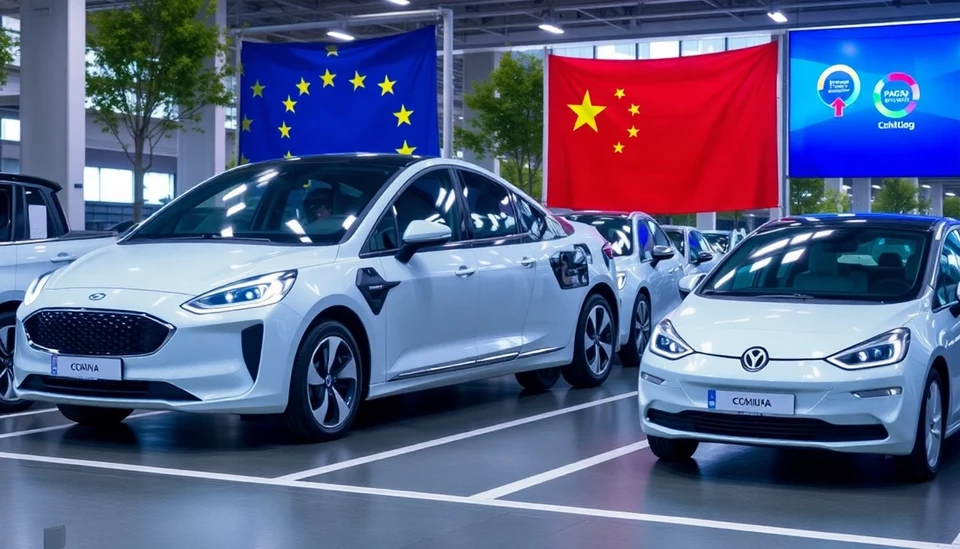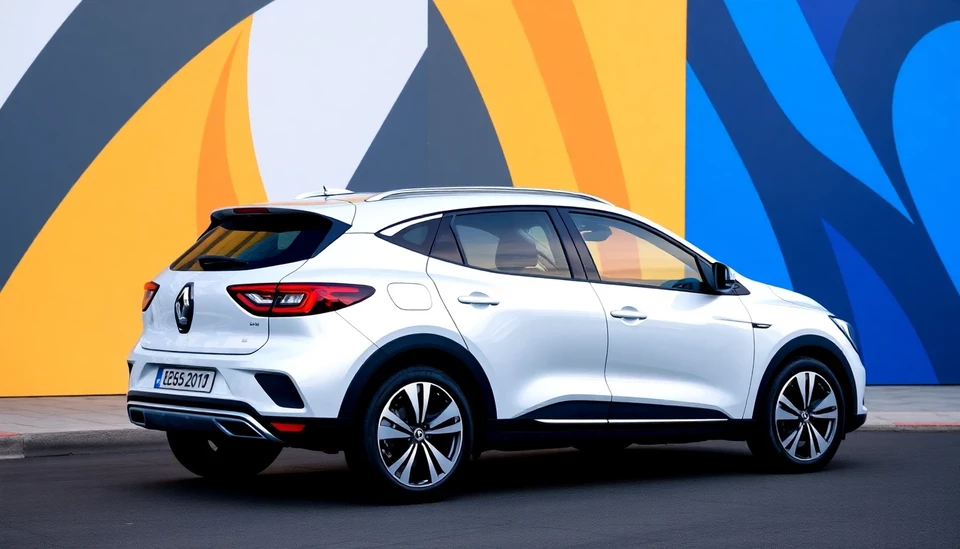
The European Union has initiated a significant trade maneuver by imposing tariffs on electric vehicles (EVs) imported from China. This decisive action comes as a response to concerns about the increasing dominance of Chinese electric vehicles within the European market. The EU's decision aims to safeguard its own automotive industry, which is currently grappling with fierce competition from Chinese manufacturers.
The new tariffs are part of a broader strategy by European policymakers to level the playing field for domestic producers. The EU argues that Chinese manufacturers have benefited from state subsidies, allowing them to offer electric vehicles at more competitive prices. This price advantage has raised alarms among European automakers, who are struggling to keep pace in the burgeoning EV market.
The implementation of these tariffs follows a thorough investigation into the fairness of subsidies provided by the Chinese government to its electric vehicle industry. EU officials contend that these grants have resulted in unfair competitive practices, prompting the need for protective tariffs. This move signifies the EU's commitment to ensuring fair competition and encouraging innovation and growth within its homegrown automotive sector.
European automakers have welcomed the tariffs, viewing them as a necessary intervention to protect domestic jobs and foster industry growth. However, the decision is likely to escalate tensions between China and the European Union, potentially leading to a trade dispute. European officials, aware of the potential repercussions, remain steadfast in their determination to prioritize the interests of their local industries.
China, on the other hand, has criticized the EU's decision, arguing that such tariffs could disrupt trade relations and harm global supply chains. Chinese officials emphasize that their EV industry thrives on competitiveness and innovation, dismissing the notion that subsidies have distorted market dynamics. The Chinese government has expressed its intent to engage in dialogue with the EU to resolve these tensions amicably.
As the global market for electric vehicles continues to expand, the EU's protective tariffs stand as a significant development with far-reaching implications. It reflects the growing geopolitical complexities surrounding green technologies and the competitive pressures they generate among major global powers.
This development highlights the delicate balance between fostering fair competition and nurturing emerging green technologies. As stakeholders from both sides navigate this evolving landscape, the international community will be keenly observing how trade relations unfold and the impact on the global EV market.
#ElectricVehicles #EUChinaTrade #Tariffs #AutomotiveIndustry #TradeTensions #SustainableMobility #GlobalEconomy #GreenTechnology #MarketCompetition #InternationalRelations
Author: Laura Mitchell




